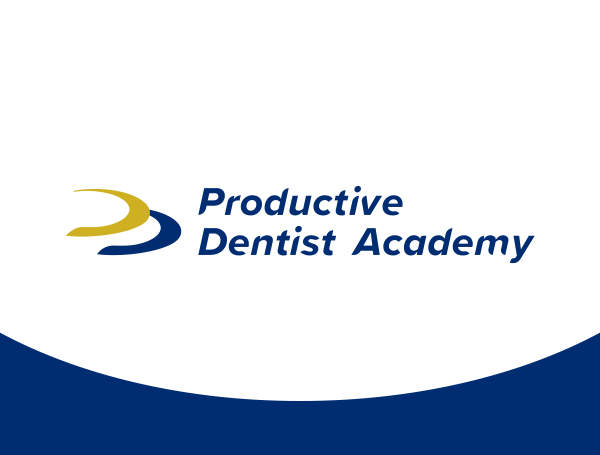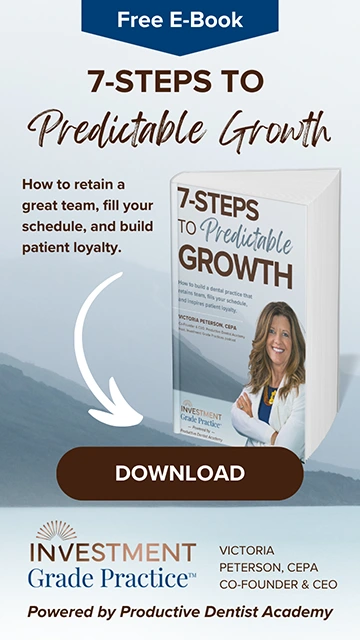Search Engine Optimization (SEO) Tips – Part 2
 by the MyDentistCalls Marketing Professor
by the MyDentistCalls Marketing Professor
Welcome to Part 2 of the MyDentistCalls Search Engine Optimization (SEO) Tips. In Part 1, we introduced you to the importance of SEO and explained the first step in the process: determining the words you want to rank for. As a quick review, before you can build a new website (or revamp your existing website) targeted around showing up on page-1 of the search engines (Google, Yahoo, Bing, and more), you must first analyze the words — otherwise known as the “keywords” — you want to show up for. Determining these keywords is the first, and perhaps the most important, step in your SEO process.
There are many tools that can assist you in finalizing your keywords
— Google keyword tool(FREE), www.wordtracker.com, www.wordstream.com, and more. These sites are all designed in a similar manner; they will provide you with an in-depth analysis on how often your keywords are searched, as well as provide other associated keywords and their search rates. This first step sets the tone for your entire web presence, so you should take your time with this process and be extremely thorough in your investigation. Think of your keyword analysis as if you were building a home on 10 acres of untouched forest. The location of your home within those 10 acres is probably the most important decision you have to make — because once you start laying the foundation of your home, pouring the concrete, building the walls, etc., it becomes very hard to start over!
There are some general rules to consider when finalizing the keywords for your site:
- Each page of your website should have an obvious theme. For example, the Home Page should only be about your practice; the Treatments Page of your website should be only about your treatment methods; your Conditions Page should only discuss conditions – so on and so forth. Trying to cover more than one topic on a page is confusing to the search engines.
- You only want to target two keywords per page, and they should be thematically similar. You need to be very specific about the terms you choose to rank for, and those terms should be written on their specific pages, exactly as they are searched. The search engines will look for the text to match exactly; the keywords, therefore, need to match the exact search term you deem to be important.
- Your website should flow naturally, and link your themes together. If you perform a lot of different procedures, you should have a Treatments Page — and then have links to separate pages for each of the individual procedures you offer. Don’t put all of your procedures on one page; you should have separate pages for each of them so that you can create themes for each. The more themed pages you create the better! Don’t be afraid to have too many pages, all covering a unique topic — this will allow you to rank for more keywords.
Now that you have considered the number of pages for your site, the themes for each page, and their associated keywords, it’s time to put together a general outline of your website. You can diagram this outline on a blank piece of paper, a white board, an excel spreadsheet, whatever you wish. This outline will serve as a sort of “blueprint” for your new SEO-optimized website, and can follow any format. Some things to keep in mind are:
- The search engines like to see as many pages as close to the HomePage as possible. This means all of your important pages, i.e., those you wish to rank for, should be one click away from the HomePage — more specifically, they should be tabs at the top (or the side) of the page. Pages buried deeper into the website have a harder time being indexed by the search engines.
- The placement of your tabs is extremely important to the overall look and feel of the website because the tabs drastically influence how users click around your site. The top navigation tabs should include the more important pages, and the side navigation tabs can include pages of lesser importance. The selection of your tabs is also critical for SEO because the tabs are links that will run throughout every page of your website, and the search engines will pay more attention to those pages than other pages. So, when you build your website outline, consider the tabs to be the top of the hierarchy, and the pages you can click to fromthose top tabs below.
Now that you have chosen your keywords, built your website outline, and determined the overall structure of your website, it’s time to build each individual page! We’ll address this topic in next MyDentistCalls SEO Tips, which will be Part 3 of the series.
Need a review? Return to Part 1 of the SEO series.
Have a great experience with PDA recently?
Download PDA Doctor Case Studies


















